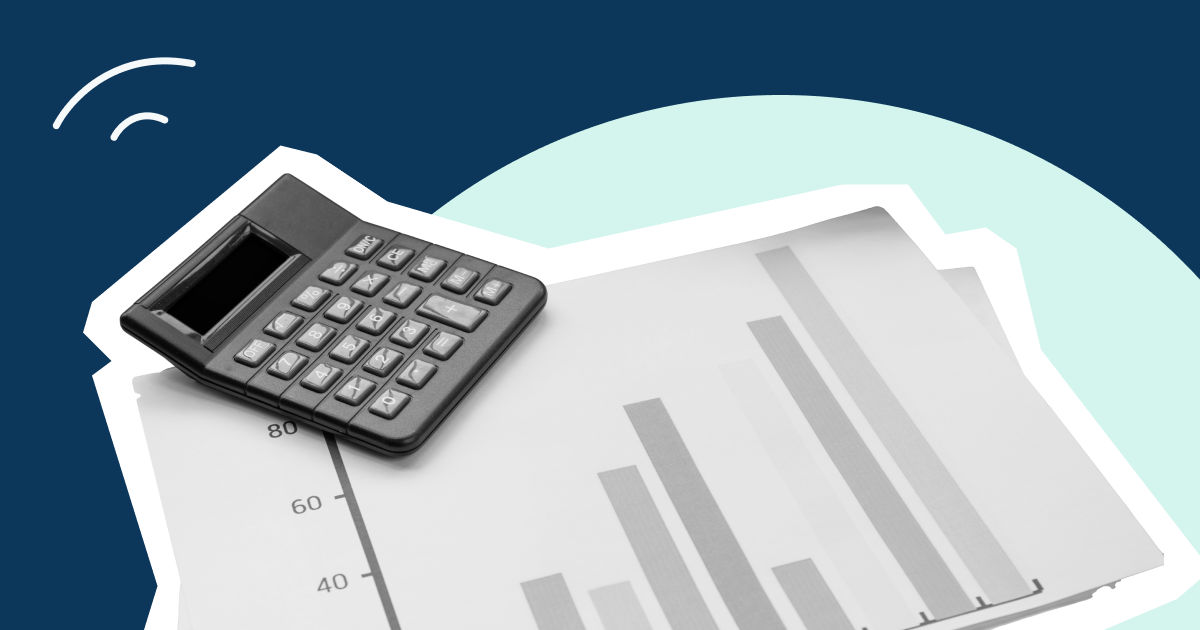Summary
Many business people felt so relieved in the past few months because of the tax amnesty which was given by the government. Tax amnesty is elimination of tax that should be owed.
Taxpayers could be relieved from any sanctions by participating in the tax amnesty program. The tax amnesty in Indonesia lasted for 10 months from July 2016 to April 2017.
Now that the tax amnesty program is over, tax calculation has returned as before. So, how much tax should be paid by small businesses?
How Much Tax to Pay?
Every micro, small and medium business with a maximum revenue of 4.8 billion per year can breathe a sigh of relief because there is a reduction in the income tax rate from 1% to 0.5%.
With the reduction, the government expects more small businesses to register, which will broaden the country’s taxpayer base and maximize the contribution to the national economy.
Of course, small-scale businesses do not only need tax reduction but also other important things like the ease of getting a loan.
This does not only refer to loans through banks, but also online loans as a form of capital loans that can be obtained from the government in an easier way. In fact, the government has indeed tried to make it happen.
This is evidenced by the easier requirements from loan institutions such as banks. There are also online loans that can be taken for a shorter time frame.
Are you looking for an unsecured loan?
Aspire is the solution. Aspire is available for business people who need fast funds without collateral. You only need to submit a single application and the team will immediately review and approve the loan.
Aspire also offers digital credit cards that can be owned by small business owners. There are many advantages to the digital credit cards from Aspire.
One of the advantages is that Aspire offers an interest-free digital credit card for repayment within 60 days. With Aspire, withdrawal is very easy because you can get the funds needed within 24 hours.
Businesses can borrow funds ranging from 20 million to 500 million rupiah. So, building a business is certainly much easier with Aspire.
Government Regulation on Taxes for Small Businesses
The new tax rate for small businesses is set in the government regulation (PP) number 23 of 2018 concerning income tax for businesses that have certain gross revenue.
The PP replaces previously regulation which was PP number 46 of 2013. The derivative regulations come from the finance minister regarding small business taxes which were subsequently issued.
Starting from 1 July 2018, the Directorate General of Taxes under the Ministry of Finance has been diligently socializing the new amount of income tax rate of 0.5% for small businesses throughout Indonesia.
For small businesses who are not sure about the income tax rate, the benefits and how to calculate it, the directorate can provide further explanation.
The total tax that have to be paid by small businesses depends on the type of business transactions and the amount of revenues each year. At the very least, the following are some of the taxes that small businesses have to pay:
- Article 4 paragraph 2 or Final Income Tax applies if the business has a building or office rental, with a minimum revenue
- Article 21 if the business has employees
- Article 23 if the transaction has something to do with the purchase of services
The Final Income Tax of 0.5% is charged to small businesses whose income is still under 4.8 billion rupiah in a year.
It is necessary for business people to know how to calculate profits in order to find out how much tax the business needs to pay. Calculating gross profit is certainly very easy.
All revenues from monthly business sales must be added up first, then the amount should be multiplied by 1%, or 0.5% for tax payment after July 2018, such as the income tax for 2019. From there, business owners can determine how much tax must be paid after profit.
How to Calculate Taxes for Small Businesses
As we explained earlier, calculating taxes for small businesses is pretty easy. The important thing is to know the amount of your business profits.
For payment of taxes after 1 July 2018, taxpayers must pay only 0.5% of their income. Adjustment to the tax rates can occur without any consent, notification or any letter from the local Tax Service Office.
As an example, we will calculate the income tax for the taxpayer A. Taxpayer A has a small business in the fashion industry with a monthly revenue of 15 million rupiah. He fulfills the requirements for PP number 23 of 2018.
The tax calculation is as follows:
If the tax calculation is done after July 2018, the tax that must be paid by him is 0.5% x 15,000,000.00 = 75 thousand rupiah per month. Taxpayer A can enjoy the 50% discounted tax rate for a maximum period of 7 years.
After that, he is obliged to pay the normal tax rate of 1%, so it will be 1% x 15,000,000.00 = 150 thousand rupiah per month.
Although the latest tax reforms already allow small businesses to pay lower taxes, there are still several other tax concessions for small businesses.
This can come in the form of tax deduction for quality businesses that we usually know as the final tax.
Lower taxes are also accompanied by the increasing ease to get online loans and other credit loans which are indeed intended by the government to help small businesses to grow.
All these are meant to encourage more young people to start small businesses instead of working for large companies or becoming employees at a young age.










%201.webp)


.webp)